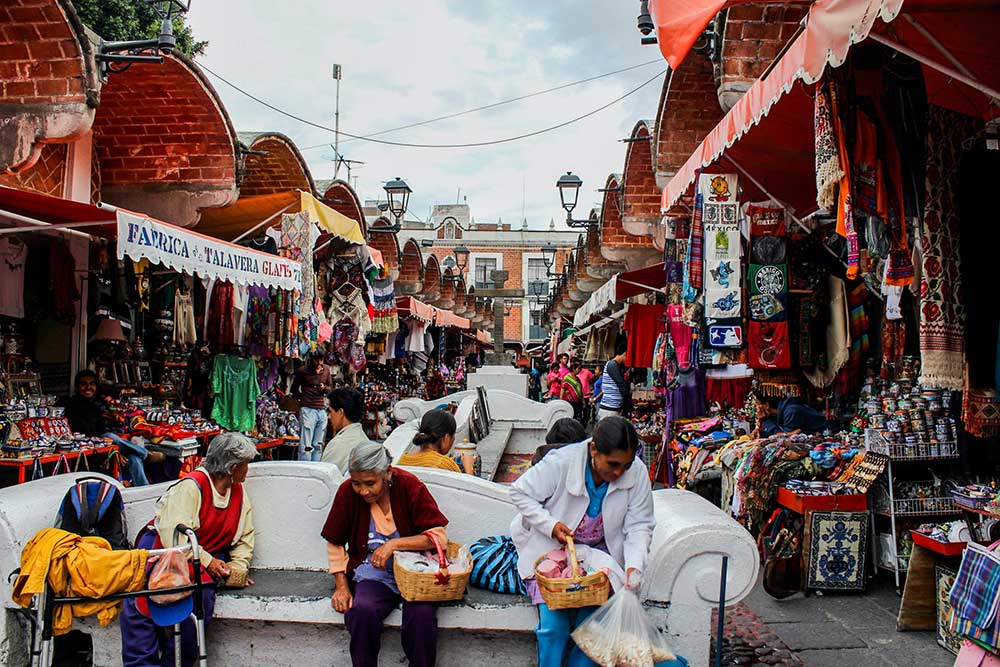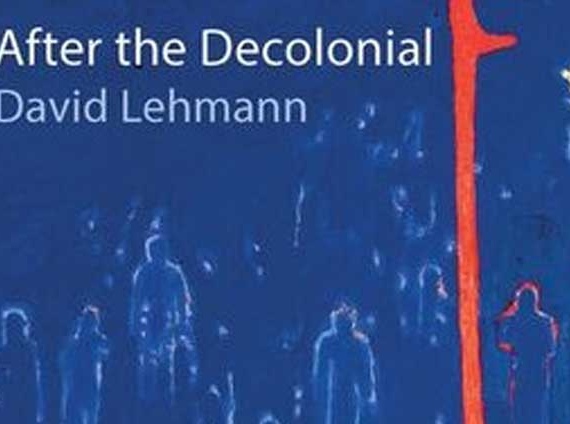When we talk of modernity we refer to many things, of which one is secularization and another is the use of rational, impersonal criteria to decide, allocate, adjudicate and evaluate. One sense of secularization is the application of these criteria to the religious field: modern culture does not necessarily encourage disbelief, but it is said to encourage rational
Writing on Latin American religion must take as one of its building blocks the classic distinction between erudite or institutionalized religion and popular religion, which are also distinctive features of Catholicism throughout the Latin world. They are not watertight compartments, but rather diff erent spheres that nevertheless are engaged in a constant dialectic, mutually influencing each other’s rituals and symbolism, their heroes and monsters, saints and sinners. The distinctively Catholic character of the popular-erudite dialectic derives from the Church’s millennial development of a worldwide hierarchical and institutional apparatus including Holy Orders; educational and charitable institutions; and an omnipresent musical, architectural, and monumental presence, coexisting with an infi nity of local saints, festivals, confraternities, shrines, pilgrimages, and superstitions, of which a small number blossom, for probably quite contingent reasons, into regional, national, and even global cults (compare, e.g., Lourdes and Guadalupe).




